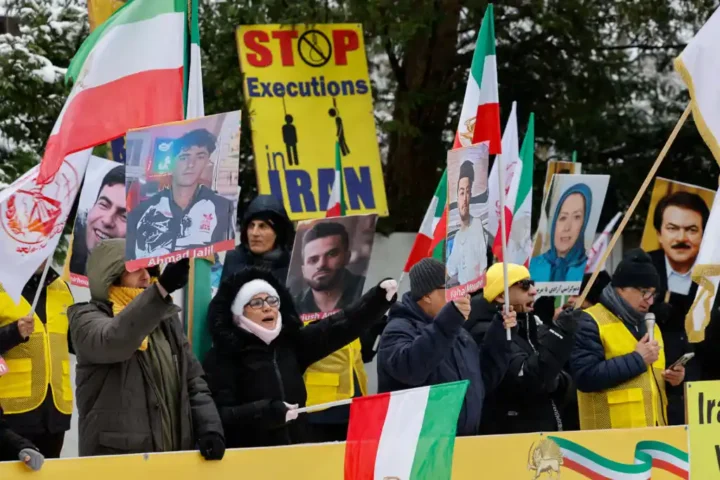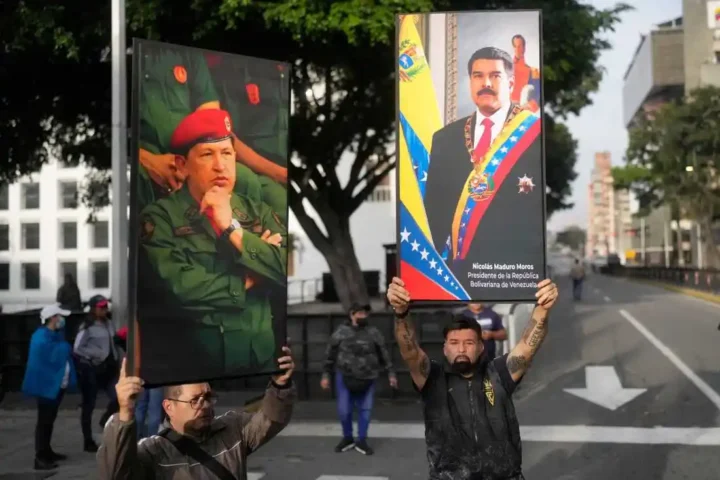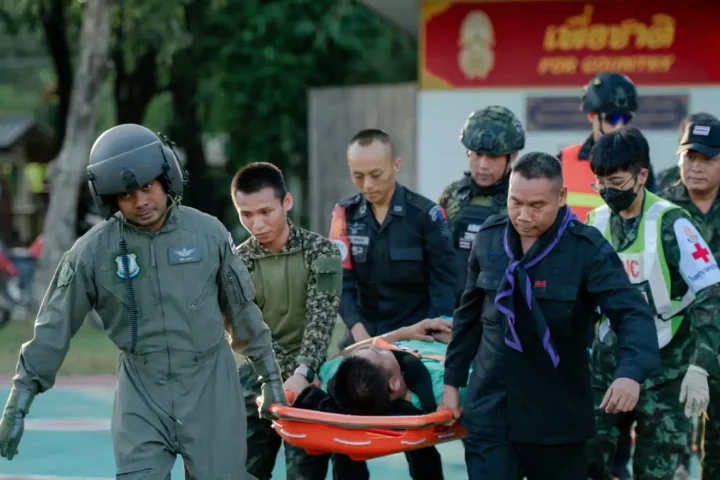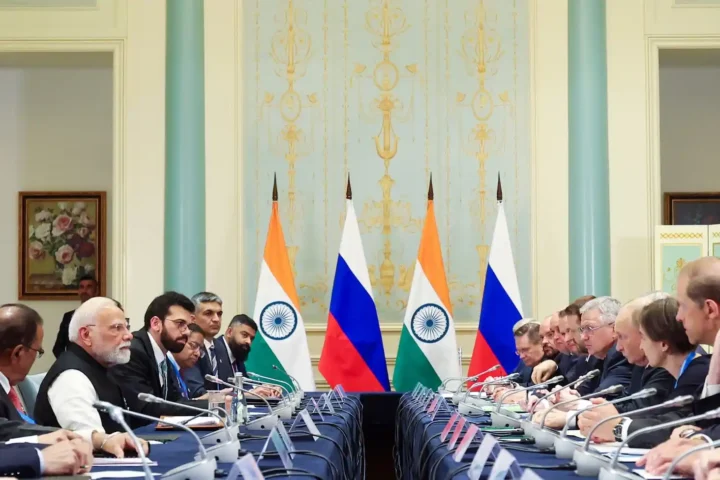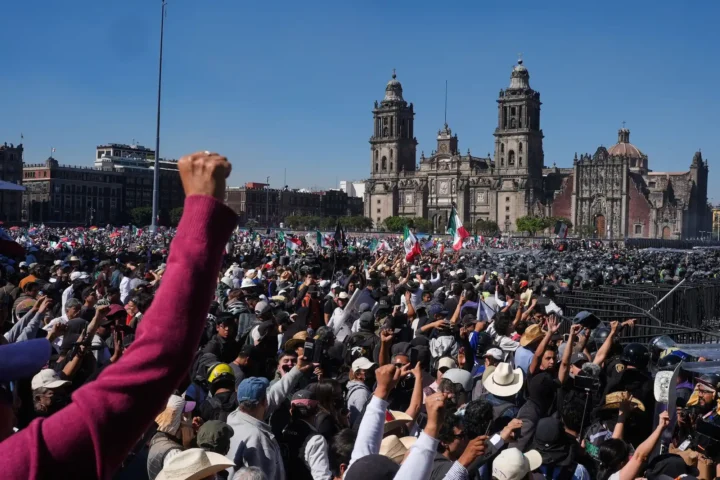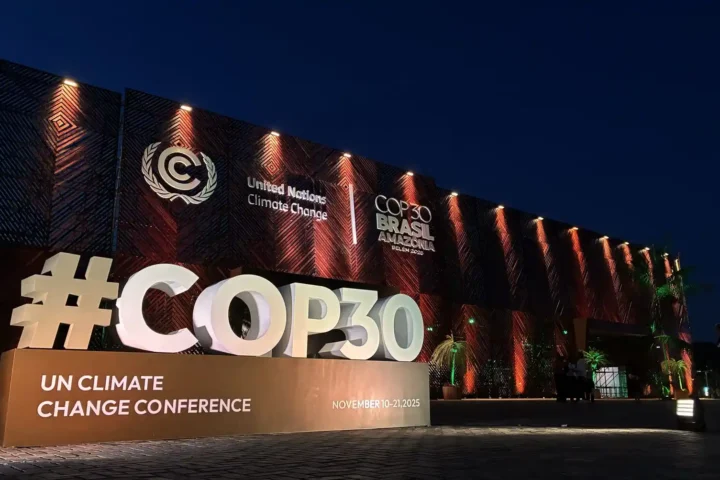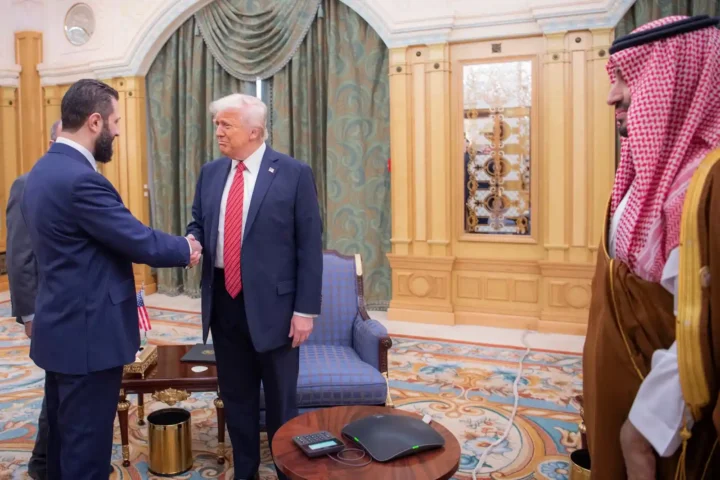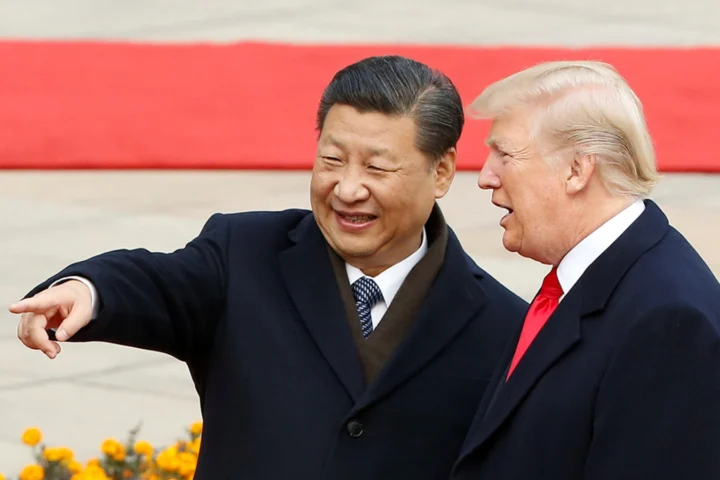Nearly a decade after Aleppo became a battleground in Syria’s civil war, the city has once again become a focal point of conflict. The fall of Aleppo to an amalgamation of rebel groups, including extremist factions and Turkey-backed fighters, marks a significant turn in a war that had grown static in recent years. With the Assad regime’s forces melting away and the rebels advancing toward Hama, Syria has reemerged as an active war zone.
Shifting Power Dynamics in Syria
The Syrian regime, bolstered in 2016 by Russian airpower and Hezbollah ground forces, now faces new challenges. Both allies, heavily invested in Syria, are significantly weakened. Russia is embroiled in its war with Ukraine, while Hezbollah has suffered setbacks due to Israeli actions targeting Iran’s regional influence. This leaves the Assad regime vulnerable and raises questions about its ability to mount a robust defense against the insurgents.
While reports suggest Russian airstrikes have been deployed to support Assad, the scale and efficacy of this support remain uncertain. Without the overwhelming resources Russia and Hezbollah brought to bear in 2016, the regime’s grip on power appears increasingly tenuous.
Rebel Forces Push Forward
The primary force behind the rebel offensive is Ha’yat Tahrir al-Sham (HTS), an extremist group rooted in Al Qaeda-affiliated Jabhat al Nusra. HTS, designated a terrorist organization by the U.S. State Department, has capitalized on the Assad regime’s weaknesses to secure Aleppo and drive toward other strategic locations. The coalition also includes various other factions, though their unity and long-term strategy remain unclear.
Whether these groups can consolidate their gains depends on how the Assad regime and its allies respond. International journalists are absent from the region, making it difficult to assess the accuracy of reports or gauge the broader implications of this renewed conflict.
Regional and Global Stakes
Iran
Iran, a cornerstone of Assad’s support network, faces new pressures. The conflict threatens Tehran’s strategic interests in Syria, which serves as a vital link for arming and coordinating with Hezbollah. Iranian Foreign Minister Abbas Araghchi’s diversion to Damascus underscores the regime’s urgency to address the crisis. A collapse of Assad’s regime would further isolate Iran in the region, a blow to its broader ambitions.
Turkey
Ankara’s stance on Syria is poised for a dramatic shift. After years of normalizing ties with Damascus, Turkey may reconsider its position if Assad’s fall appears imminent. Turkish President Recep Tayyip Erdoğan could reignite efforts to shape a post-Assad Syria, favoring Islamist groups to secure influence while addressing Kurdish autonomy concerns. Such moves would risk reigniting tensions with Arab states that have recently backed Assad’s regime.
Israel
For Israel, the turmoil in Syria presents both opportunities and risks. Weakening the Iran-Syria axis disrupts the weapons pipeline to Hezbollah, enhancing Israeli security. However, a power vacuum in Damascus, potentially filled by Turkish-backed Islamists, poses significant strategic challenges. Israel’s immediate interests align with continued instability that limits Iran’s influence.
United States
With 900 troops stationed in Syria, the U.S. mission focuses on containing the Islamic State alongside the Syrian Democratic Forces. The rise of extremist factions within the rebellion may complicate this mission. It remains unclear whether the U.S. will maintain its presence under new leadership, as past efforts to withdraw have been met with resistance from military advisors.
Looking Ahead
The fate of Aleppo and Syria at large hinges on a complex interplay of local and international forces. While the rebels have seized the moment to advance, their ability to sustain momentum and reshape Syria’s political landscape is uncertain. For the Assad regime, the coming months will determine whether it can hold onto power or become the latest casualty in Syria’s protracted conflict.
The eyes of the world are once again on Syria, a reminder that its war is far from over.


